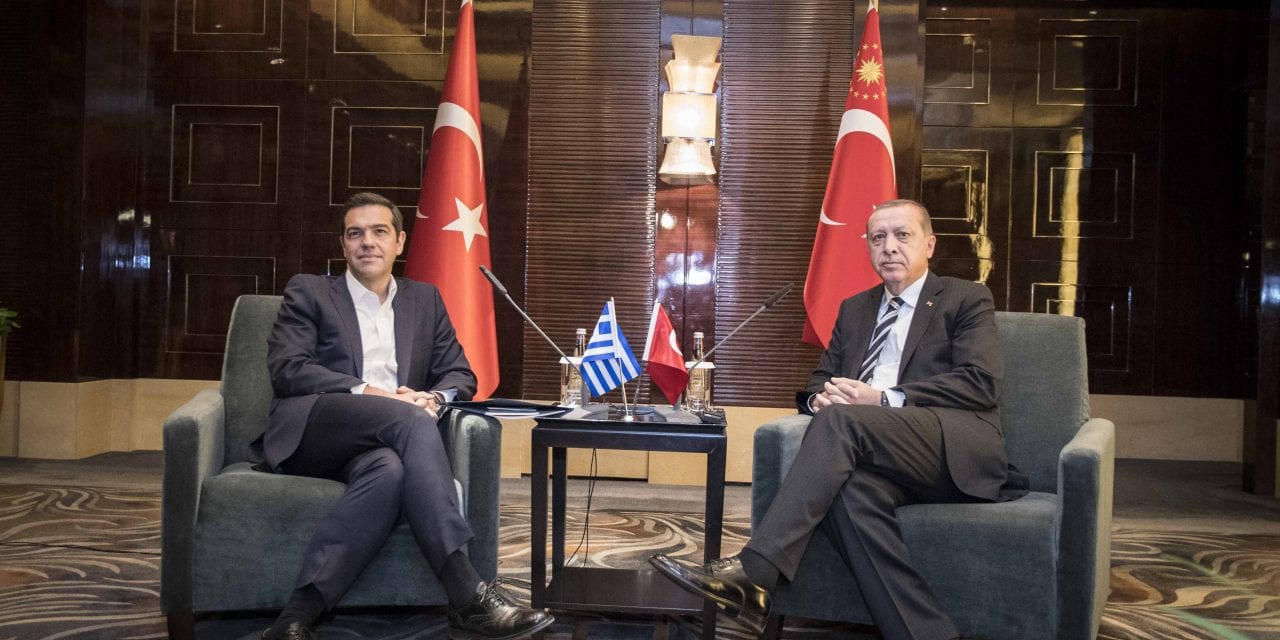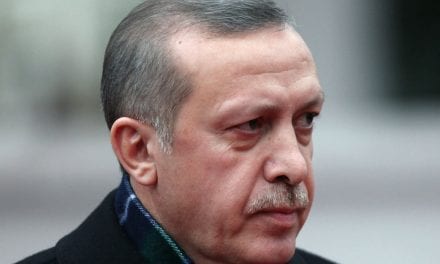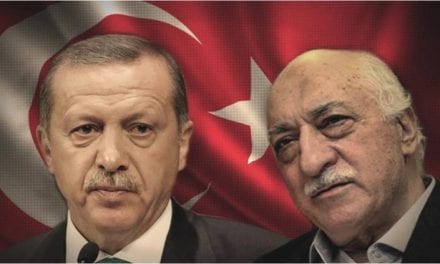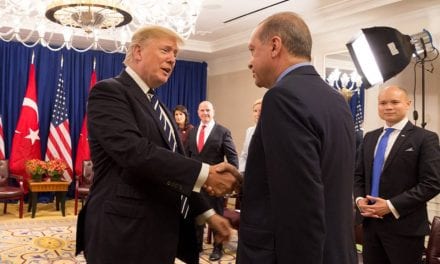Turkish President Recep Tayyip Erdoğan has every reason to create hostilities with long-time adversary and Cyprus ally Greece to distract from his ever increasing problems that have left him weak at home and aggressive with his neighbours in the Mediterranean, wrote investigative journalist Yiannis Baboulias in Foreign Policy Magazine.
Stoking tensions with Greece and Cyprus is not new to Turkish foreign-policy strategy, the article said, however Ankara has recently gone beyond rhetoric as evidenced in its plans to exploit natural gas resources in the Eastern Mediterranean widely considered to belong to the divided island of Cyprus.
Turkey has firmly opposed Greek and Cypriot activities in the Exclusive Economic Zone (EEZ) claimed by the Greek Cypriot administration. Ankara argues that the Greek Cypriot EEZ infringes on Turkey’s own continental shelf and that exploitation of energy resources around the island would amount to violating the rights of Turkish Cypriots, who have controlled Northern Cyprus since the island was divided in 1974.
Ankara’s planned purchase of the Russian S-400 missile system from Russia is another source of tension, Baboulias said, noting that Washington has threatened Ankara with removal from the F-35 purchasing program and further sanctions should it go through with the purchase.
NATO and the United States maintain the system is incompatible with those of NATO and poses a security threat when used alongside the F-35s.
The March 31 local elections saw Erdoğan lose numerous large cities, including the one he considers his seat of power, Istanbul, the article highlighted, underlining that Turkey’s strongman has forced a revote in the city of 16 million.
All of these developments are making Erdoğan increasingly aggressive, the article noted.
‘’Turkey has never allowed Cyprus to benefit from the natural gas reserves in its waters without some sort of confrontation,’’ Baboulias wrote, but Ankara is now systematically engineering ‘’a questioning of the status quo in the Aegean and Eastern Mediterranean regions,’’ he added, quoting Alexis Papachelas, one of Greece’s prominent journalists.
As Erdoğan steadily moves Turkey away from Western institutions such as the EU and NATO, and closer to Russia, it is difficult determine just where the Turkish president will steer the country.
The EU’s foreign policy chief, Federica Mogherini, has already expressed concern over Turkey’s plans in the East Mediterranean and called on the country to exercise restraint, the article recalled, noting however, this is unlikely to be enough to deter Turkey’s strongman.
Turkish Foreign Minister Mevüt Çavuşoğlu has already letter Mogherini that the EU’s support for Greek Cypriots under the guise of membership solidarity conflicted with international law.
Any wavering by the allies of Cyprus and Greece in the case of full blown conflict with Turkey will only create further doubt about NATO’s effectiveness, the article concluded.



















